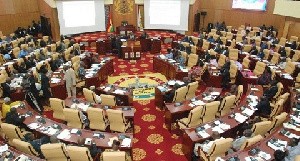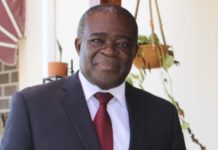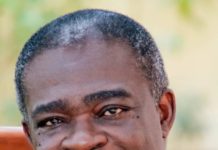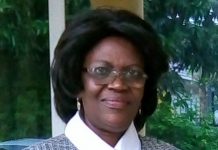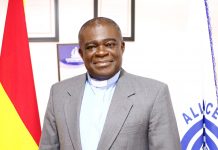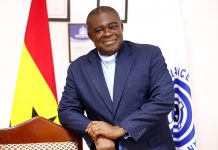|
Getting your Trinity Audio player ready...
|
Men of God” who rely on the gullibility of their followers to amass wealth may be out of business soon.
Some legislators on Wednesday asked the House to consider enacting a law to clamp down on these exploitative self-styled Men of God and their churches.
MP for Mfantseman, Ekow Hayford, appealed that an independent body should be set up “backed by law and devoid of politics” which would investigate and check the activities of churches.
Hayford also appealed to the media to sieve the content they put out. He said media houses should be circumspect about the ‘Men of God’ they offer their platform to.
The public, he said, should “also be vigilant and cautious in identifying which religious group and churches they associate with.”
Shortchanging desperate followers
Ablekuma Central Parliamentarian, Ebenezar Nartey backing his colleague, lamented on how some pastors lure their members to purchase bottles of water for up to or more than GH?2000.
These same people cannot afford just a fraction of that money to go to the hospital, he said.
He complained further that some of these churches have become a nuisance to peace and quiet “especially on weekends.”
“They hold a lot of all night and you cannot sleep,” he cried.
To cap it for him, these modern churches haven’t made any significant contribution to the development of Ghana.
The Catholics, Presbyterians and other missions he noted, have basic and secondary schools where a lot of leaders and citizens were trained.
However, MP for Ningo Prampram, Sam George wants the House to tread with caution. Despite admitting that there are some charlatans around, he says legislation on the issue may be a “step too far” since the Constitution permits freedom of religion.
The position of the law
Article 21/1 (C) of the 1992 Constitution of Ghana says: “all persons shall have the – freedom to practise any religion and to manifest such practice.
Also, Article 26/1 says “every person is entitled to enjoy, practise, profess, maintain and promote any culture, language, tradition or religion subject to the provisions of this Constitution.”
The law also provides that the enjoyment of such rights must not infringe on the freedoms of others.



